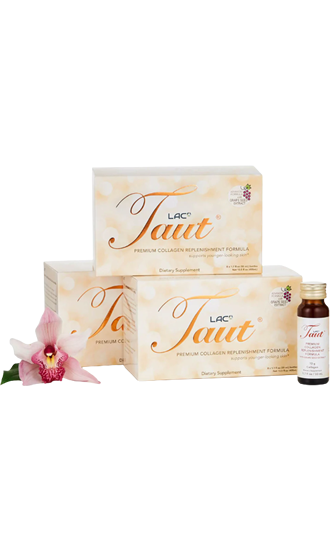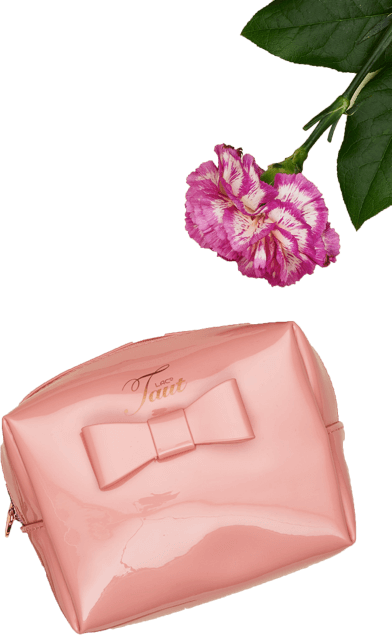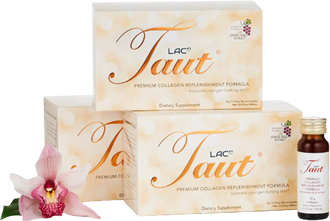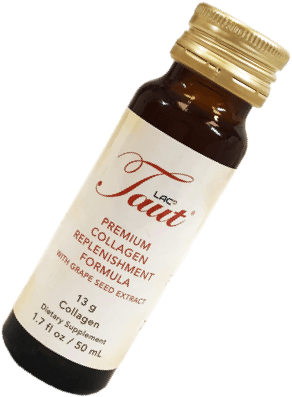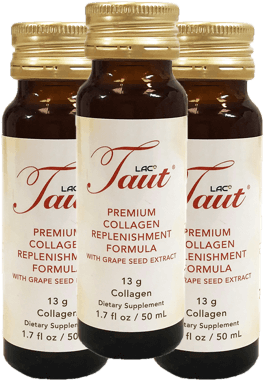Alcohol in Skincare: Is Denat Skin Care Bad for You (Denatured Lotion)
We reached out to two dermatologists to find out how disinfectants and sanitizing products affect our skin. This is what we found.
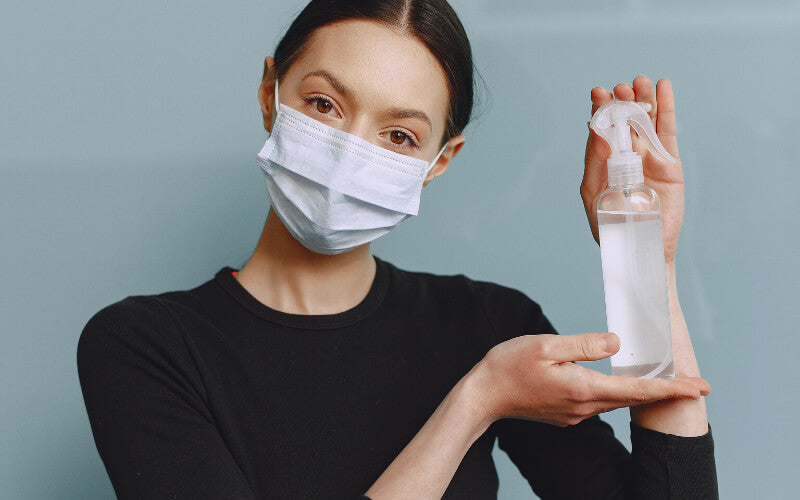
During this global pandemic, we're all taking extra precautions to prevent and reduce the transmission of COVID-19. The majority of us have stocked up on disinfectant products such as wipes, hand sanitizer, and cleaning supplies. And, we use them regularly.
Many of these trusty products rely on alcohol as their primary cleaning agent.
Surprisingly, these powerful disinfectants aren’t the only items in our homes that contain alcohol in their ingredients list.
The skin care products that we slather on our skin every day can contain shockingly-high amounts of alcohol. There’s alcohol in cosmetics, lotions, moisturizers, and toners that we use on our skin regularly.
Considering the number of skincare products in our lives that contain alcohol, we started to wonder: Does denatured alcohol in skincare or any other alcohol negatively impact our skin?
To learn more about the topic, we spoke with two dermatologists - Dr. Rina Allawh and Dr. Tsippora Shainhouse.
We discussed the significance of alcohol in our everyday products (including disinfectants and skincare), how they affect our skin, plus best practices to ensure our skin stays clean and healthy all year long.
More helpful reading: Top skin care products by Renewskin Co.
What Is Alcohol?
When we talk about the alcohol found in skincare and disinfectants, we’re not talking about the kind from your college parties.
The truth is, not all alcohol is created equal - there are actually many different forms of alcohol.
For all the science lovers out there, the word ‘alcohol’ describes a molecule that contains an oxygen atom bonded to a hydrogen atom (or a hydroxyl group).1
Alcohol In Skin Care vs. Alcohol In Disinfectants?
Alcohol Skin Care Products
When it comes to skincare, you’ll find three main types of alcohol featured on the ingredient labels:
- Aromatic alcohols, like benzyl alcohol
- Fatty alcohols, like cetyl alcohol, cetearyl alcohol, propylene glycol, and stearyl alcohol
- Simple alcohols, like propanol, SD alcohol (or denat alcohol), ethanol, and methanol
As a basic rule of thumb, the closer an ingredient is to the top of a skincare’s ingredient list, the more of that ingredient there will be in the actual formula.
Generally speaking, creams and serums, wouldn’t be considered ‘alcohol-based,’ as they contain a very small amount of alcohol in their formulas. However, there is a significant amount of alcohol in toner, some containing up to 60% alcohol.2
The thing is, how you react to a certain skincare product will depend on three things, the type of alcohol in the product, the percentage of alcohol in the formula, and your skin’s sensitivity, since some skin types will react better than others when in contact with alcohol.
Alcohol In Disinfectants
When it comes to disinfectants that we use on our skin and in our homes, such as hand sanitizers and surface cleaners, you’ll mostly find ingredients like isopropyl alcohol (or rubbing alcohol), ethyl alcohol, ethanol, or methyl alcohol.
Dr. Allawh says that alcohol is used as the active ingredient as it is an antimicrobial that kills bacteria.
If alcohol were the only ingredient in hand sanitizers and surface cleaners, they might not be so bad. But, along with alcohol, you may also find other bacteria and virus-killing ingredients such as:
- Chlorine and chlorine-related compounds
- Formaldehyde
- Glutaraldehyde
- Hydrogen peroxide
- Iodine solution
- Phenol
While some of these added ingredients listed above are far more harmful than others, they are certainly not good for our skin. Especially the ingredient formaldehyde, which can cause cancer along with other unwanted side effects.
More helpful reading: Harmful ingredients in makeup.
What Does Alcohol In Skincare & Disinfectants Do? (Alcohol On Skin & Surfaces)
While there aren’t any inherently “good alcohols” or “bad alcohols” by nature, it is how they interact with our skin that gave them these associations.
As you’ve seen above, there is a difference between the types of alcohol that are used on the skin as opposed to surfaces. But, one thing that differentiates a skincare product from a disinfectant is the quantity of alcohol in each - there is significantly more alcohol in disinfectants than in skincare.
So, if the alcohol in skincare isn’t used in high quantities to defend us from bacteria, viruses, and microorganisms, then what is it used for?
As we mentioned above, there are three types of alcohol in skincare and each one is added to serve its own purpose within the skincare’s formula.
So, if you’ve ever wondered, “why is there alcohol in lotion?” we’ll explain what alcohol does in skincare below.
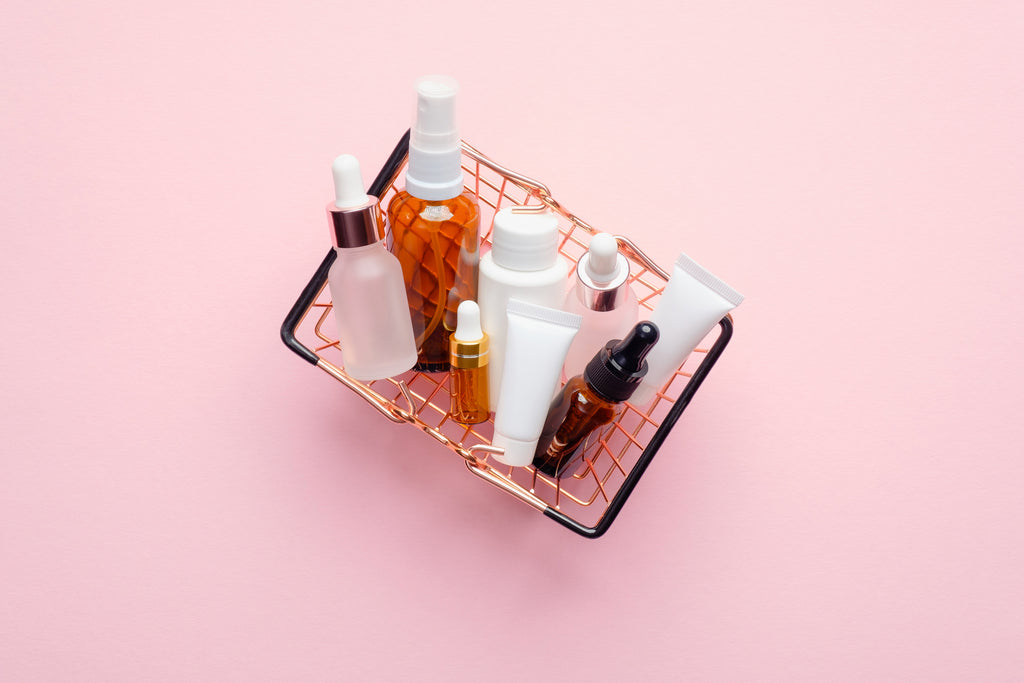
Simple Alcohol (Ethanol In Skincare)
When we talk about “bad alcohols” we are usually referring to simple alcohol (i.e. SD alcohol, ethanol, and isopropyl alcohol). You can usually find them in the ingredient list of skincare like gels and toners.3,4
Why would beauty and skincare companies use simple alcohol in their formulas if they’re considered to be bad?
There are three key reasons (and surprisingly, all of which are good):
- Increase skincare efficacy - Simple alcohols, like ethanol, can help deliver molecules and nutrients to the skin. They are able to break down the other ingredients in the formula into smaller molecules, which allows them to get past the skin’s barrier to eventually be absorbed by all of your skin cells.
- Improve the skincare formula - This type of alcohol can create a more emulsified, creamier formula by blending oil-soluble ingredients into water-based creams and lotions.
- Make skincare last longer - They can also be used for their bacteria and microbial fighting powers to help products remain shelf-stable for a much longer period of time.
Denatured Alcohol In Skincare (Ethanol)
Denatured alcohol (alcohol denat) is one of the most common types of alcohol in skincare, but what is it?
If we want to go into the science of it all, alcohol denat is a form of ethanol. Ethanol is a type of alcohol that is a byproduct of fermentation. Does that give you a clue as to what else ethanol is in? If you guessed wine, beer, and spirits, you are correct!
But, to turn ethanol into alcohol denat, ethanol is mixed with other ingredients to make it more suitable for use in skincare products.5
Ethanol, or denatured alcohol rather, can be found on a product’s ingredient list because of how it benefits the formula. It allows for the product to spread more easily and evenly on the skin’s surface. And, it also helps to extend the product’s shelf life.
So, is alcohol denat bad for skin? Considering that it can cause dryness, we would say you should try to avoid alcohol denat. Skin health is important to us, and since this alcohol can affect the skin barrier, it can cause the natural moisture in your skin cells to dissipate. This can lead to all kinds of issues, including premature skin aging.6
Does alcohol denat have any skin benefits? For women of most skin types, it doesn’t have many. But, it can help people with oily skin or an acne-prone skin type take care of excess oil, just like other simple alcohols.
What causes brittle nails? RenewSkin Inc. explains.
Reactions to Simple Alcohols
The truth is, while there are some people whose skin reacts when in contact with large amounts of simple alcohol, some women actually prefer skincare containing these “bad alcohols.”
Women with oily skin, in particular, apply these products to shed some of the natural oils that have built up on their skin. This is because simple alcohols are solvent alcohols that break down oil on the skin’s barrier.
And, as another benefit for our ladies with oily skin, simple alcohols can help kill the bacteria that cause acne and breakouts.7
Unfortunately, for women with a sensitive skin type, simple alcohols can be excessively drying and cause a negative reaction on the skin.
Whether you have oily skin, sensitive skin, or any skin type in between, in the long-term, simple alcohol in moisturizer and other beauty products can cause more harm than good. They can increase oil production in your skin, making oily skin even worse. And, simple alcohol can increase the size of your pores, making them a lot more visible and susceptible to debris, and in turn, breakouts.
More helpful reading: How to get rid of dry skin.
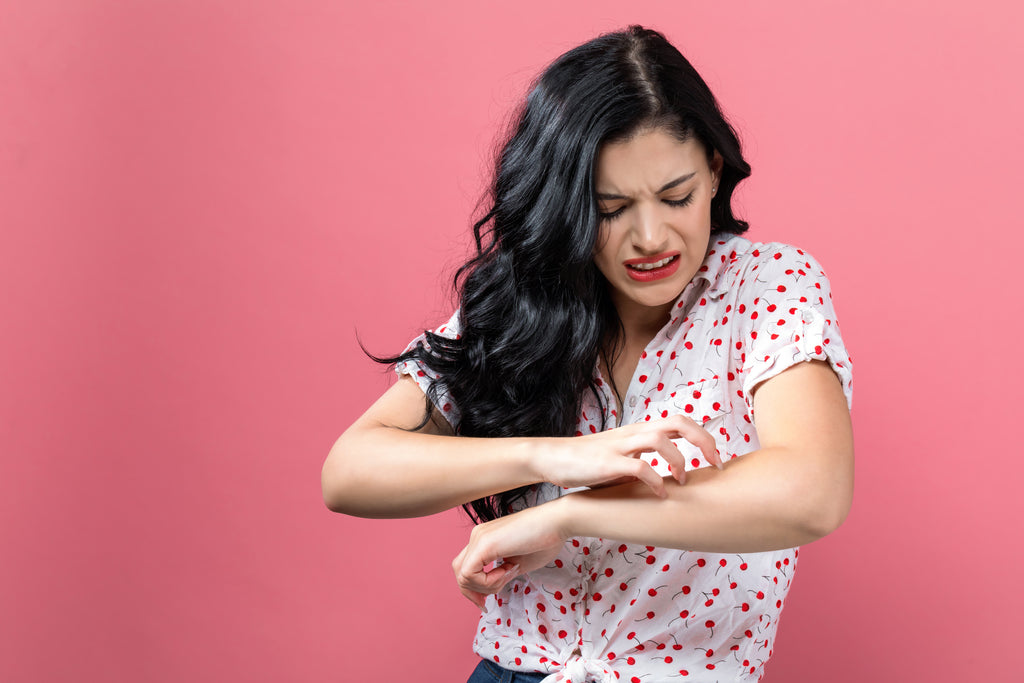
Aromatic Alcohols
These alcohols get their name from their natural fragrance. Despite their scent, they act a lot like simple alcohols in that they are able to preserve skincare products to help them last longer. Due to their natural aroma, they are also often used in fragrances and essential oils.8
Benzyl alcohol is one of the more commonly found aromatic alcohol ingredients in skincare. And, while benzyl alcohol is considered to be generally safe for topical use on the skin’s barrier, it can cause some irritation and itching.
More helpful reading by RenewSkin Inc.: Treatment for eczema
Fatty Alcohols (Alcohol Benefits For Skin)
When we’re asked ‘is alcohol good for your skin?’ the answer is ‘yes’ if we’re talking about fatty alcohols. Fatty alcohols (ingredients like Cetearyl alcohol and propylene glycol) are often referred to as “good alcohols” since they can hydrate the skin on our face and body.
Fatty alcohols, which are often derived from coconut or palm oil, are included in formulas for their ability to thicken the texture of the cream or moisturizer and emulsify ingredients (in other words, they bring watery and oily ingredients together into one homogeneous mixture).9
So, what makes fatty alcohol good for the skin?
To start, they aren’t at all irritating, even on people with a sensitive skin type, making them a great choice for anyone and everyone.
Additionally, the fat content makes fatty alcohol a great way to lock moisture deep into the skin and protect the skin’s natural barrier from damage.
Even our own Taut Intensive Recovery Serum has a few different types of plant-derived fatty alcohols to hydrate and repair the skin. But, besides these ‘good alcohols,’ the proven antioxidant and anti-inflammatory properties of this serum repair stressed and damaged skin from environmental factors, bad alcohols, and other harmful ingredients
The secret to this skin-enhancing serum is in its formula. It contains seven botanical herbal extracts (German chamomile, hydrocotyle, licorice root, green tea, Japanese knot weed root, rosemary, and scutellaria root), which reduce oxidative stress while also restoring the healthy fats and moisture levels within the skin. With continued daily use, you’ll notice brightened, regenerated, and rejuvenated skin.
The Purpose of Alcohol In Disinfectants
Due to the pandemic, we’ve all had to become a bit more familiar with the various surfaces that have the potential for spreading illness and disease - whether it be our grocery bags, clothes, or skin. It’s common practice at this point to disinfect all surfaces that we come into contact with.
But, what does the alcohol in disinfectants actually do, and how does it work?
"Disinfectant products contain various compounds that collectively help kill bacteria, some viruses, and fungi," says dermatologist Rina Allawh, MD, FAAD, of Montgomery Dermatology. "Such ingredients are then diluted in water in a certain concentration so that there is an optimum concentration to attain a perfect balance of killing germs by either poking holes through the wall, dissolving the bacteria wall itself, and/or breaking the bonds that hold the wall together."
Is Alcohol Safe? (Is It Good Or Bad?)
Is Alcohol In Skincare Safe?
If you’re still asking the question ‘is alcohol bad for skin?’ you probably want to know if alcohol, like ethanol, isopropyl alcohol, or propylene glycol, is safe to use on the skin.
While there isn’t a single, straightforward answer, we can say that it’s important to pay attention to the ingredient list of the products that we put on our skin.
We should keep in mind that skincare that contains alcohol isn’t inherently bad - and in some cases, it can be beneficial.
But, we don’t need science to tell us that there can be too much of a good thing. Just like any product containing alcohol, skincare products and disinfectants should always be used in moderation. And, if your skin is reacting to the alcohol in skincare products, it’s important to stop using them to avoid further damage.
Is Alcohol In Disinfectants Safe?
Although alcohol-based disinfectant products are effective at killing bacteria and viruses, they can also compromise the protective skin barrier.
This can result in irritated, dry, flaky skin, and sometimes even skin rashes. If you start to notice any of these symptoms, it's best to lay off or minimize your use of these products to avoid further side effects.
However, we all want to be safe. And, in times like these, it can be hard not to reach for our hand sanitizer or surface cleaner when we’re outside of the home.
So, to avoid running into issues like dry skin and irritation, it’s important to keep our skin thoroughly hydrated.
Our Taut Hydrate supplement is a great solution for women of all skin types who want to keep their skin plump, hydrated, and looking and feeling its best (with the added benefit of visibly improving skin imperfections and wrinkles).
Every capsule contains high-potency, plant-based hyaluronic acid and grape seed extract which work synergistically to improve the skin’s natural moisture levels and protect our collagen from cellular damage from free radicals.
More helpful reading: How to treat dry scalp
Disinfectant Products Are Not Meant For Routine Use
Whipping out your hand sanitizer every five minutes seems like a no-brainer in times like these. However, board-certified dermatologist Tsippora Shainhouse, MD, FAAD, of SkinSafe Dermatology and Skin Care says hand sanitizers should only be used when you may have been exposed to infectious particles and aren't able to wash your hands.
So, if you're at home and have no outside exposure, for example, regular handwashing with soap and water will do the trick.
As always, be sure you are washing your hands before cooking and eating and after using the restroom, opening up packages, or throwing out the trash.
The same goes for antibacterial soap. Dr. Shainhouse says it is not recommended for routine use. "They have not been shown to be more effective than regular soap at reducing infection risk,” she says. “They only kill certain bacteria and not viruses or fungus, and they can promote bacterial resistance.
How Alcohol in Skin Care & Disinfectants Can Affect Collagen (Is Alcohol Good For Skin Proteins)
When appropriately used, Dr. Shainhouse says, skincare, hand sanitizer, antiseptics, or disinfectants that contain alcohol won't affect the skin's collagen. However, Dr. Allawh notes that when your skin reacts to a particular skincare product, that’s a red flag. That reaction may lead to a breakdown of the skin's collagen.
You can protect your skin collagen with a good quality collagen supplement.
To prevent this, Dr. Allawh recommends applying moisturizer or a thick emollient such as petroleum jelly to your skin after using disinfectant products. Moisturizers protect the skin barrier and your skin cells which may prevent the breakdown of collagen, as well as the formation of skin rashes.
She also recommends washing your hands with a gentle cleanser after using disinfectant products to remove the harmful chemicals from your skin and avoid damage to your skin cells.
The Best Types of Disinfectant Products
When you're shopping for disinfectant products, especially cleaning wipes, Dr. Allawh recommends looking for ones that are composed of textile materials such as cotton or polyester, which are gentle enough for everyday use. "The wipes contain cellulosic fibers which are implemented to ensure high water retention and storage of the compounds," she says.
In general, Dr. Allawh adds, wipes labeled as "natural" are often less irritating and just as effective at disinfecting as they contain the main active ingredients that kill most bacterias, viruses, and germs. However, they don't include compounds that are often the culprit behind allergic reactions such as formaldehyde, fragrance, and other detergents.
More helpful reading: Essential oils for skin.
Disinfectant Product: Best Practices To Protect Your Skin (& Beauty!)
To sum things up, here are the best practices Dr. Allawh and Dr. Shainhouse recommend following when using disinfectant products to ensure your skin stays clean and healthy.
1. Opt For Handwashing When Possible
When it comes to cleaning your skin, using good old soap and water is a no-brainer. "Physically cleaning the hands by lathering with soap and rinsing with warm water and then wiping dry is the most effective method to clean and sanitize the skin," Dr. Shainhouse says. So, if there's a sink nearby, opt to use that versus reaching for a disinfectant or sanitizing skincare product.
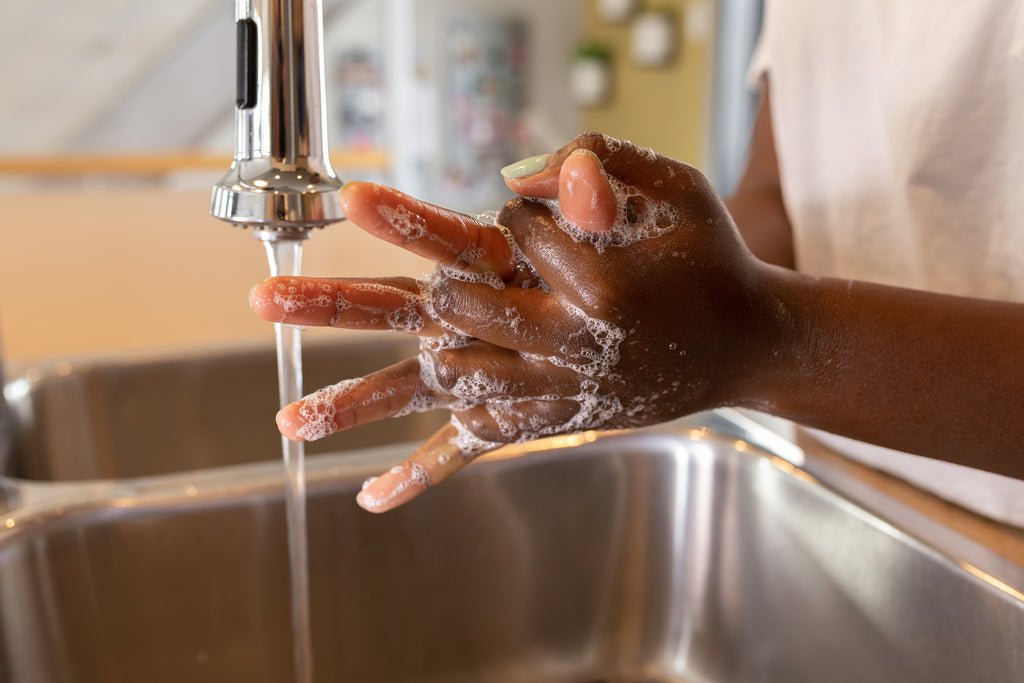
2. If You Use Hand Sanitizer, You Still Need To Wash Up
If you can’t get to a sink, alcohol-based hand sanitizers are your best bet when you're out and about. But, as soon as you have the opportunity to wash your hands properly, do so.
Sanitizing sprays and gels don't remove dirt and can build up and cause irritation, Dr. Shainhouse says. Washing your hands as soon as possible removes the residue left from these products from your skin.
3. Moisturize Your Skin Often (Women With Oily Skin Included)
Increased frequency of handwashing means your skin can potentially become dry and even develop fissures and cuts, Dr. Shainhouse says, which makes you prone to infections. You can avoid all of this by frequently applying hand moisturizer after washing your hands.
While shopping for hand sanitizers, opt for a hydrating, non-drying formula. Dr. Shainhouse recommends choosing a hand sanitizer that contains added moisturizing skincare ingredients such as aloe vera.
More helpful reading: Dry hands.
4. Use Gloves When Using Disinfectant Cleaning Products
The disinfectant cleaning products that everyone uses to clean surfaces in their homes usually contain chemicals and are too strong to use on the skin. These alcohol-based products can cause skin irritation, itching, burning, redness, swelling, or dryness.
The chemicals in the products can also be absorbed by the skin and cause other health issues.
Dr. Shainhouse advises looking at the instructions carefully. Some alcohol-based cleaning products may be very potent and require diluting or wearing gloves.
Wearing gloves will allow you to minimize your contact with disinfectants, cleaning solutions, or other alcohol-based products with harsh, skin-damaging ingredients. If you don't have any gloves, be sure to wash your hands as soon as you're done cleaning.
Protect & Strengthen Your Skin With Taut Collagen
Don’t let alcohol-based skincare and disinfectants get the best of your skin. Instead of avoiding skincare products with alcohol at the top of the ingredients list, reinforce your natural defenses to maintain healthy skin with collagen and other skin-loving ingredients.
The benefits of drinking collagen can help strengthen and build your skin’s natural collagen levels to prevent cellular damage which can result in dryness and wrinkles.
We’ve put together the perfect transformation program to jumpstart collagen production in your face and all over your body, boost your natural defenses against fine lines and wrinkles, and protect your skin from free radical damage - our Taut Collagen Anti-Oxy Foxy Kit.
This luxurious bundle contains 3 boxes of our powerful Taut Premium Collagen Advanced Formula, which promotes a firmer, fuller, youthful, and more radiant complexion through its unique Rapid Delivery System (RDS).
The high percentage of nano-sized marine collagen peptides (sourced from Wild Red Snapper from the Indian Ocean) is able to enter your bloodstream and almost instantly activate the production of new collagen proteins within your skin.
However, collagen isn’t the only ingredient hard at work to make your skin glowing and gorgeous - each bottle also contains elastin peptides, hyaluronic acid (a natural ‘moisture magnet’), grape seed extract, vitamin C, ceramides, vitamin B6, and salmon DNA, to maximize the effects of every last drop.
To enhance the healing properties and give you results that you can see and feel, we’ve paired our collagen drink with Masquelier’s French Pine Bark Original OPC’s daily supplement. Each dose gets you closer to achieving your skin and body goals by delivering powerful antioxidant, anti-bacterial, anti-viral, anti-aging, anti-inflammatory, and anti-allergic properties throughout the body.
Each tablet uses the flavonols and polyphenols from french pine bark extract to enhance your skin’s firmness, fullness, and elasticity, target fine lines, wrinkles, and sagging skin, as well as eliminate sun damage, varicose veins, and inflammation.
The time is now to extend your skin’s longevity and enjoy brighter, fuller, and younger-looking skin.
Want to learn more about our transformation programs? Get in touch with our team today! We would love to help you achieve your skin goals.
References:
- https://www.self.com/story/alcohol-in-skin-care-products
- https://www.teenvogue.com/story/are-toners-ruining-your-skin
- https://skinbetter.com/alcohol-skincare/
- https://www.byrdie.com/alcohol-in-skincare
- https://www.healthline.com/health/alcohol/alcohol-denat#is-it-safe
- https://www.byrdie.com/alcohol-denat-for-skin-5075721
- https://www.glamourmagazine.co.uk/article/alcohol-in-skincare
- https://muc-off.com/blogs/athlete-performance/the-effects-of-alcohol-in-your-skincare-products
- https://drwhitneybowe.com/alcohol-in-skincare-products-dr-whitney-weighs-in/




